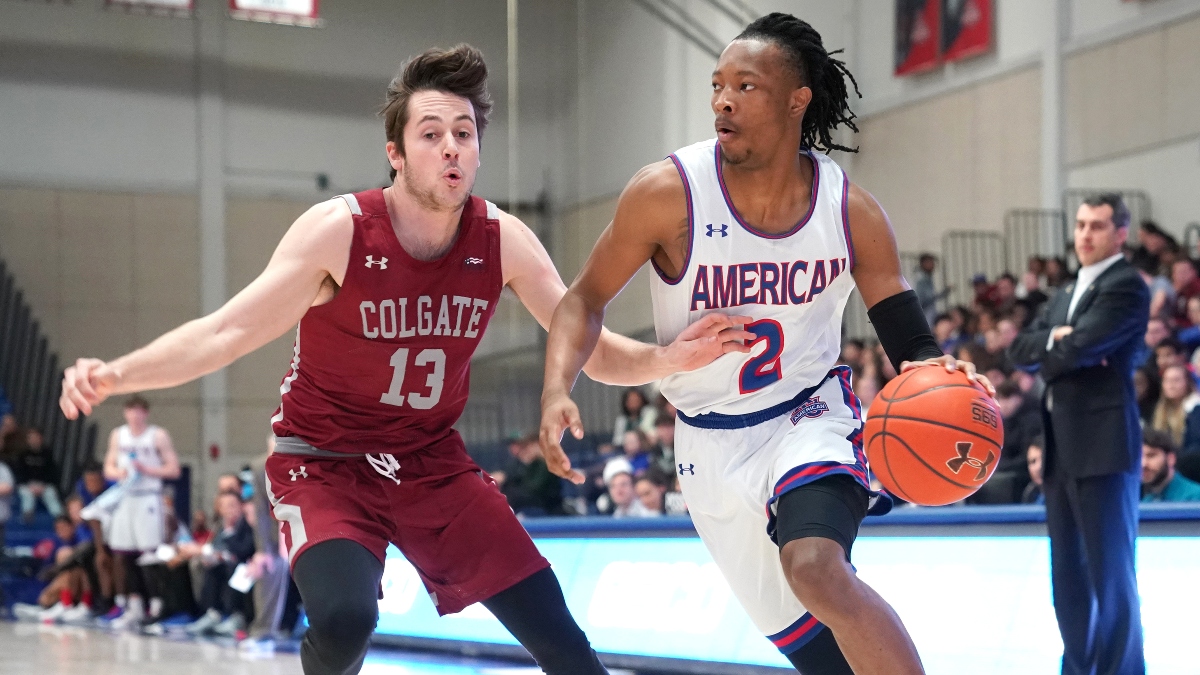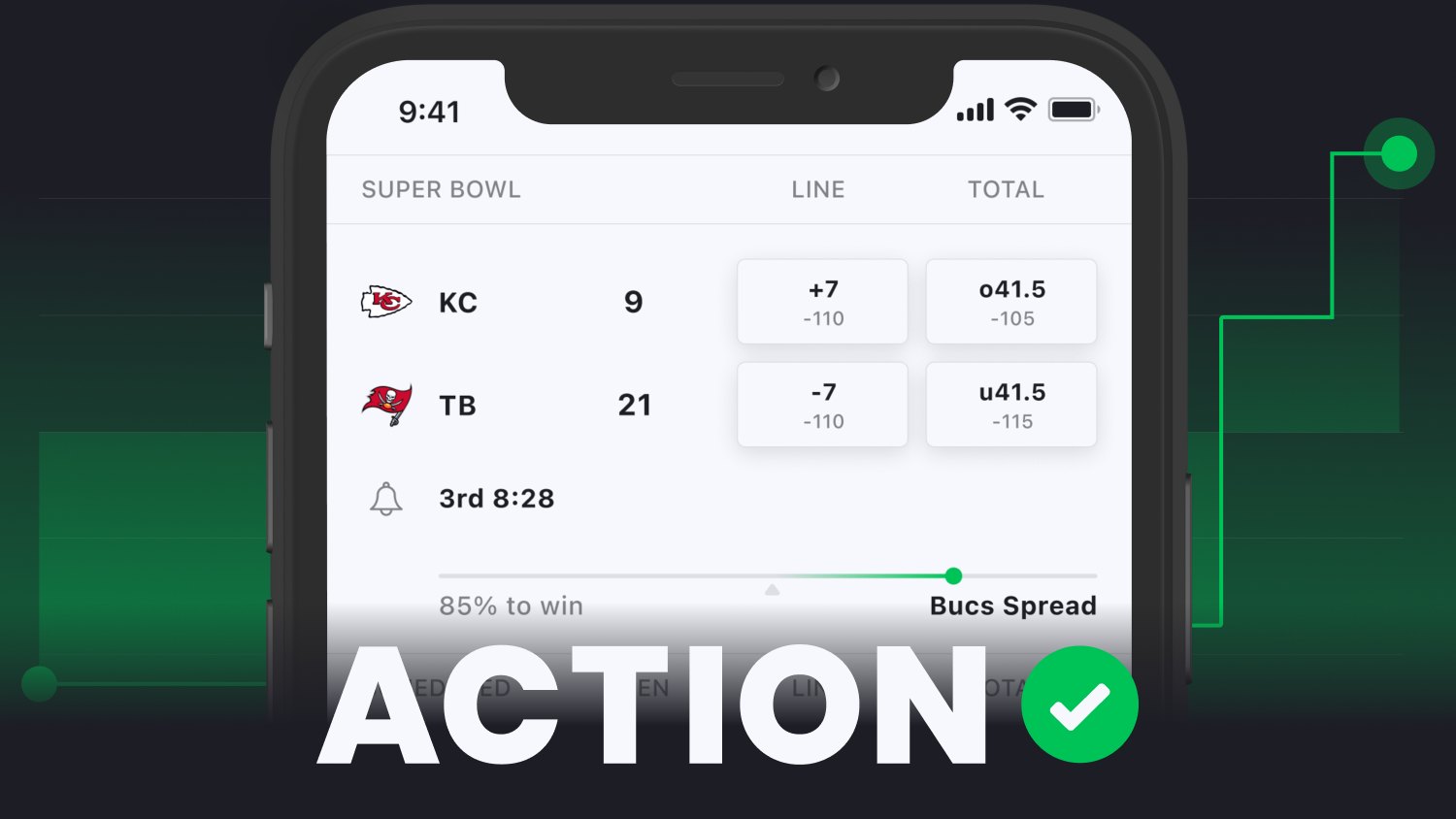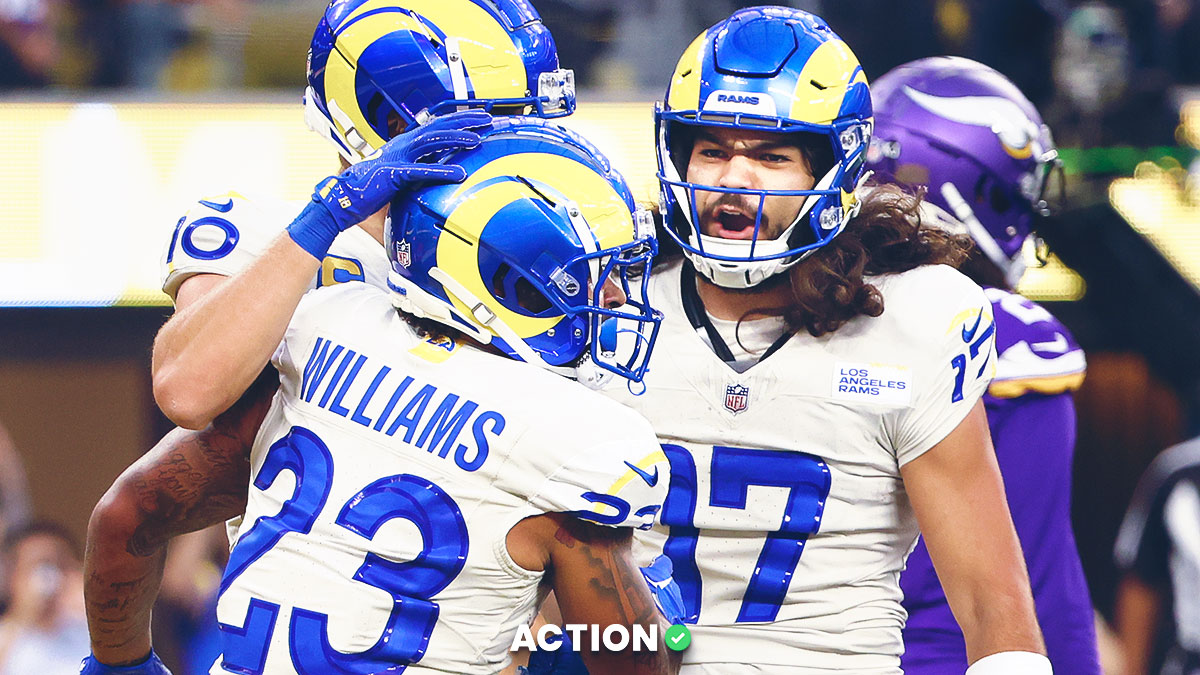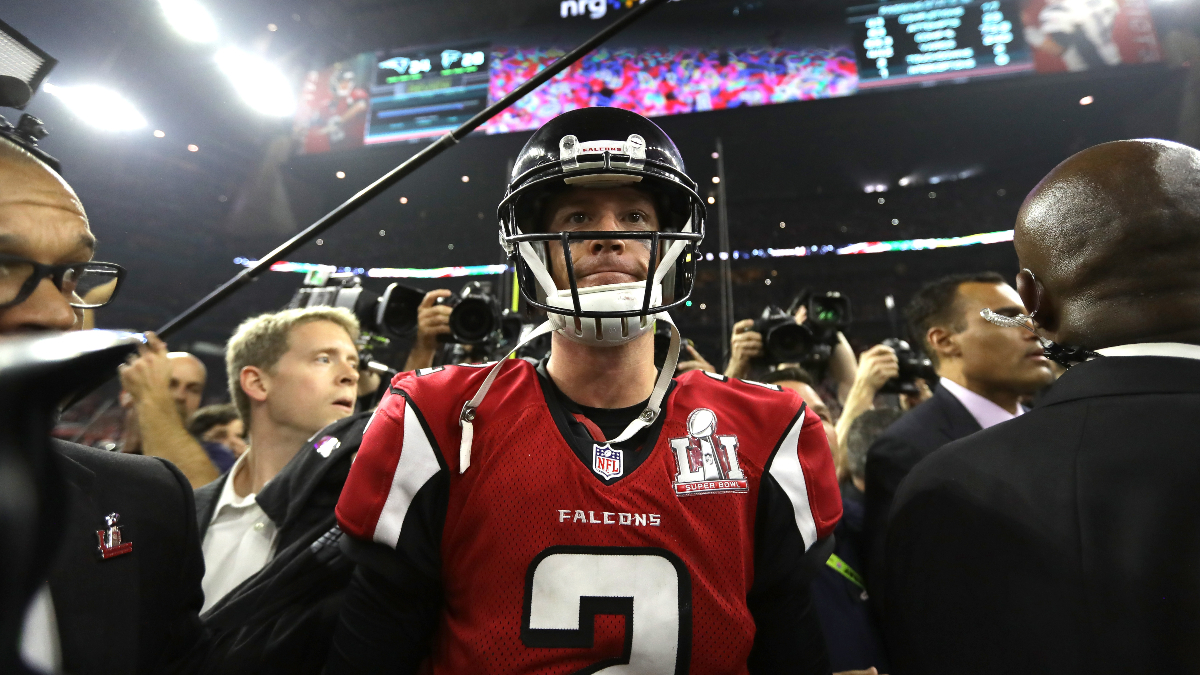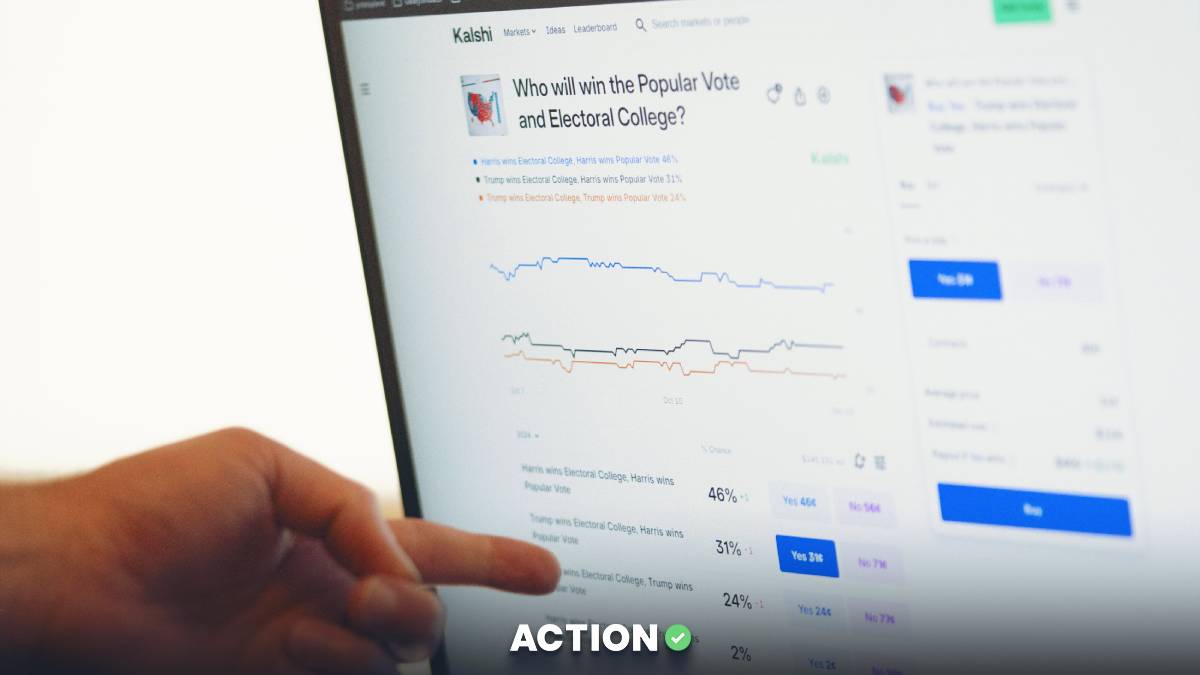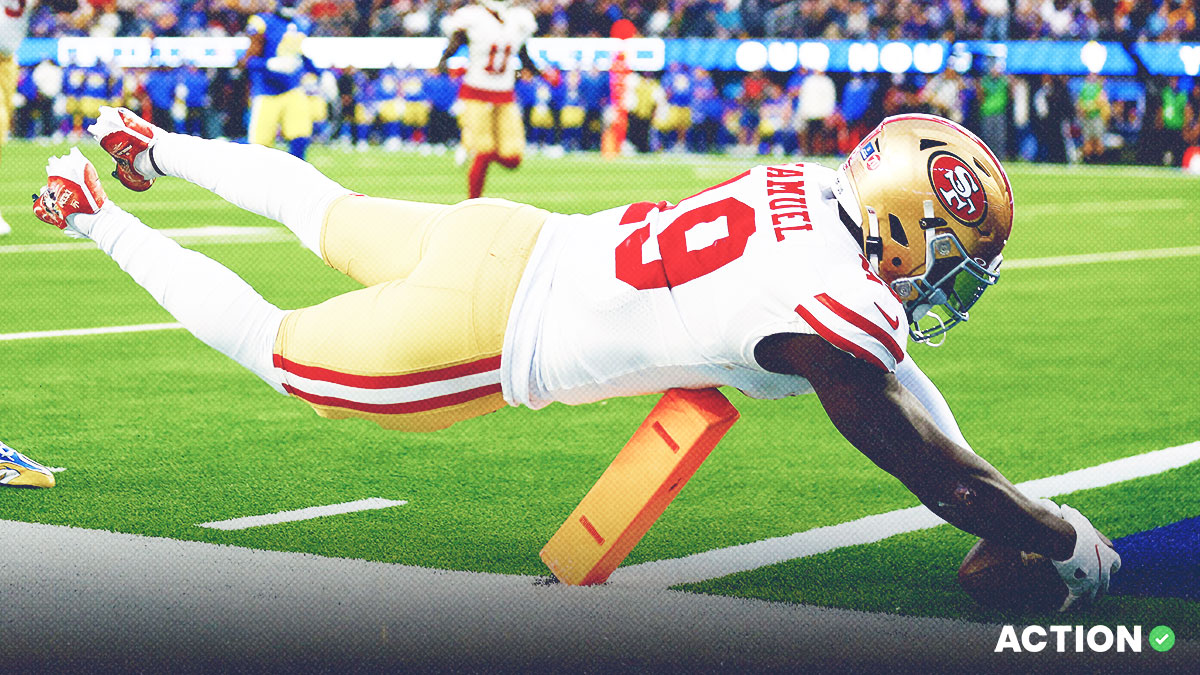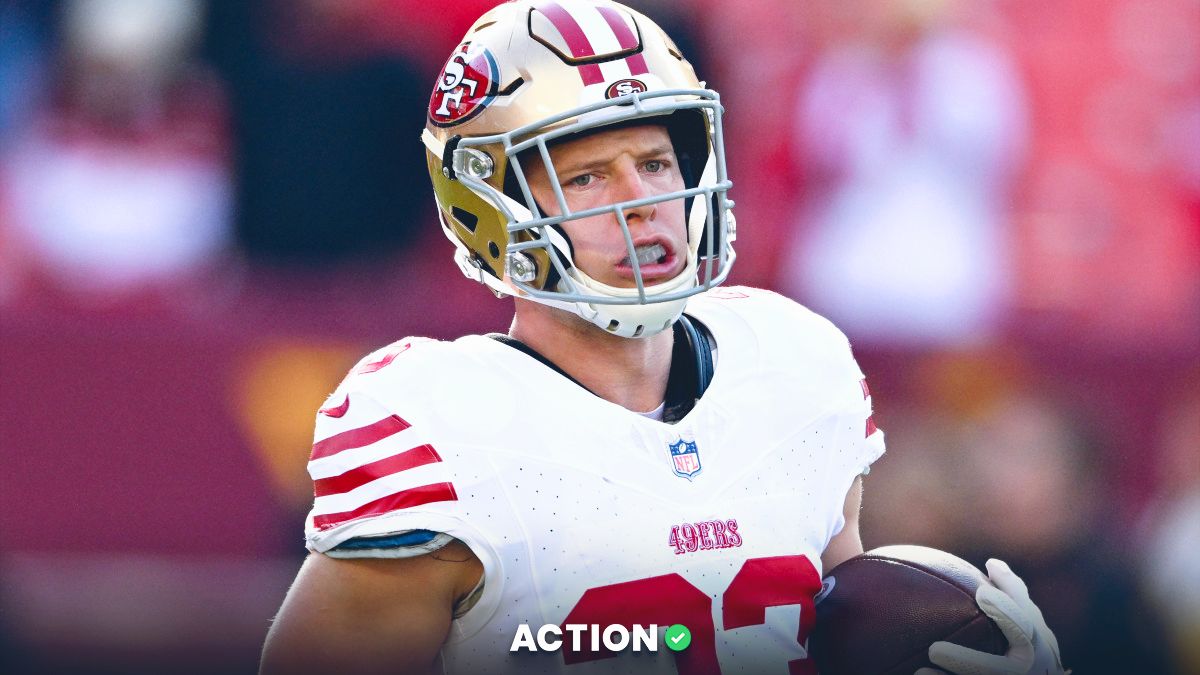Ever wonder what would happen if a gajillionaire strolled into a sportsbook and won a bet that was too big for the book to pay out? I mean, it's not like the books have unlimited money to dish out (though they do have plenty).
Well, sorry to burst your bubble, but that could never happen, because sportsbooks are able to control the amount of their potential loss on any given bet with limits.
What Is a Limit in Sports Betting?
A limit is the maximum amount that a sportsbook allows its bettors to wager on a given game or event.
If, for example, you attempted to wager $150 on a game where the book wasn't comfortable taking bets over $100, you'd likely receive some sort of error message with the indication, "Limit: $100."
What Are Typical Limits?
Limits vary wildly from sport to sport and bet type to bet type. And even day to day.
A sportsbook may take a maximum bet of $2,500 on an NFL game on Monday. But by Friday, when more bettors have weighed in and the betting market is more liquid, they might raise it to $50,000.
Prop bets typically have limits of just a few hundred dollars, if that. That's why anyone who knows the color of the Super Bowl Gatorade can't get rich betting on it, even if they're morally OK with it. They couldn't bet more than a few hundred dollars.
Limits also depend on the bettor. Sportsbooks will often limit advantage players who specialize in certain markets, like props. If you once bet $200 per prop and succeeded, you might only be able to get $20 down in the future.
Conversely, sportsbooks will take six-figure bets on NFL games from players they don't believe have an advantage.
Why Do Sportsbooks Have Limits?
On the extreme end of the spectrum — and as mentioned at the start — they'd rather not risk going out of business on a single bet. But limits also play a role in how lines are set.
Generally speaking, limits are lower (stricter) when lines are first released. That's because books have no baseline off which to judge whether their odds are correct.
For example, if a book releases a college football total at 47 with no limit, and each of the first 10 bets comes in on the under at an average $1,000 apiece, well, the oddsmakers now know they set the number too high. But the book is now also on the hook for 10 grand on a bet that's probably going to be much more valuable than the closing line.
If, instead, they'd limited players to $50 from the start, they'd come to the same realization that their line was too high while maintaining a maximum liability of just $500.
As time passes and the book moves the line to find an equilibrium point (where each side is getting half the action), they'll usually start increasing the limit as they're then more confident that they're putting out an accurate line.
Of course, it's always possible that some sharp bettors could have been waiting for the increased limit to make their move, but the gradual limit adjustments all books to ensure that no major liabilities are incurred.
Books also have the ability to limit bet amounts for certain customers. If a bettor is winning too much, and especially so over a long period of time, that bettor might find him/herself facing a stricter limit than the average customer.
And finally, books also know that sharp bettors are more likely to have an edge in lesser known sports or more minor matchups. For that reason, you'll find that a Patriot League college basketball game, for example, will have a lower limit than a Sunday Night Football matchup between the Packers and Cowboys.


